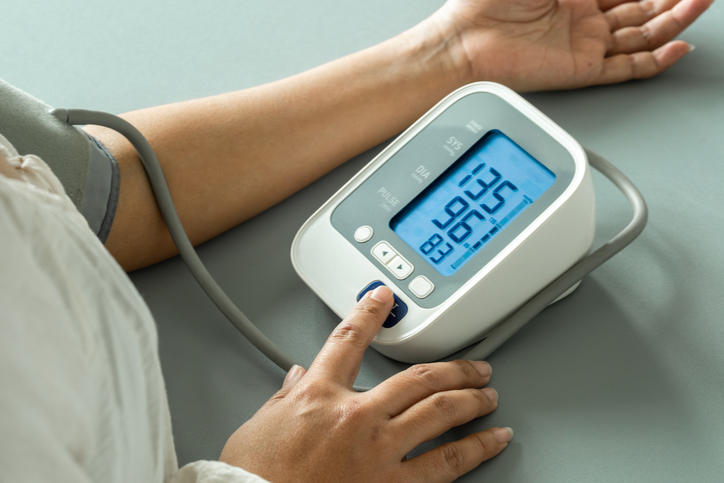
While previous studies have indicated that heavy alcohol consumption is an established risk factor for atrial fibrillation (AFib), a new study suggests that even moderate amounts of alcohol consumption can affect atrial electrical signaling and structure.
The study, published in Heart Rhythm, included 75 patients with AFib who underwent invasive testing and high-density electroanatomic mapping of their atria. The researchers put 25 of each into three categories (lifelong non-drinkers, mild drinkers, and moderate drinkers). Patients consuming two to seven drinks per week were considered mild drinkers, while those who consumed between 8 and 21 drinks were defined as moderate drinkers.
According to the study results, moderate drinkers had lower mean global bipolar voltages (P=0.02), slower conduction velocity (P=0.04), and a higher proportion of complex atrial potentials (P=0.004) when compared to those in non-drinkers. The researchers also reported an increase in global complex potentials (P=0.04) and regional low-voltage zones in the septum and lateral wall (P<0.05) compared to non-drinkers. Global voltage and conduction velocity did not differ significantly in mild drinkers.
“This study underscores the importance of excessive alcohol consumption as an important risk factor in AF,” lead investigator Professor Peter Kistler, MBBS, PhD, from the Heart Centre at Alfred Hospital in Melbourne, Australia, said in a press release. “Regular moderate alcohol consumption, but not mild consumption, is an important modifiable risk factor for AF associated with lower atrial voltage and conduction slowing.”
He added that the study results are “an important reminder for clinicians who are caring for patients with AFib to ask about alcohol consumption and provide appropriate counselling in those who over-indulge.”
Source: Heart Rhythm







 © 2025 Mashup Media, LLC, a Formedics Property. All Rights Reserved.
© 2025 Mashup Media, LLC, a Formedics Property. All Rights Reserved.